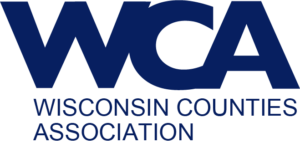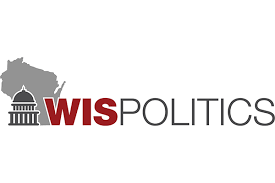On May 7, 2024, the Joint Finance Committee reworked the Evers administration’s $36 million plan for opioid settlement funds in the upcoming fiscal year to send more money to capital projects, medication assisted treatment and law enforcement, among other things.
In all, the committee signed off unanimously on redirecting $15.5 million of the funds that GOP members proposed.
Rep. Tip McGuire, D-Kenosha, said he largely supported the changes, though he found some investments lacking.
“I don’t find this to be an offensive proposal. I don’t find this to be a bad motion. But I really think there are some key investments that are lacking, particularly in prevention,” McGuire said.
The GOP changes included cutting in half to $1 million the money going to the Department of Public Instruction to distribute to schools for evidence-based substance abuse prevention programming.
But Co-chair Mark Born, R-Beaver Dam, countered the GOP plan makes investments in other prevention efforts. That includes, for example, $1 million more for community-based prevention grants than what DHS had proposed.
“I think you can tell how good our plan is when the other side can’t find a way to criticize it,” Born said.
The biggest changes Republicans made were cutting $5 million that Gov. Tony Evers’ Department of Health Services wanted to put toward family resource centers. Those centers would provide various services to families of those who have: been addicted to opioids; experienced an overdose; or died from an overdose.
The committee also nixed $5 million for programs to train peer support specialists to help those who are receiving treatment.
The committee’s changes included:
- directing $7.7 million to capital projects such as constructing and renovating recovery housing. That is $4.7 million more than DHS proposed.
- sending $3 million to medication assisted treatment. DHS hadn’t proposed any money to the effort to help those with opioid use disorder.
- putting $3 million into law enforcement grants, $2 million more than the agency had proposed.
Note: This article from WisPolitics.com originally appeared on May 7, 2024.
See additional coverage from Wisconsin Public Radio here.

